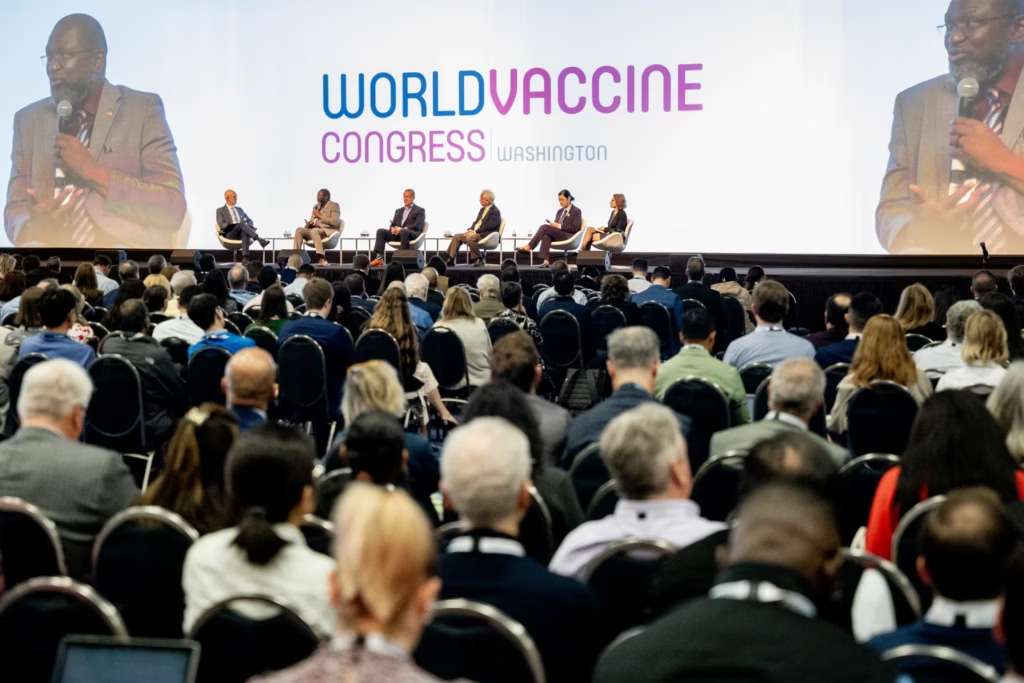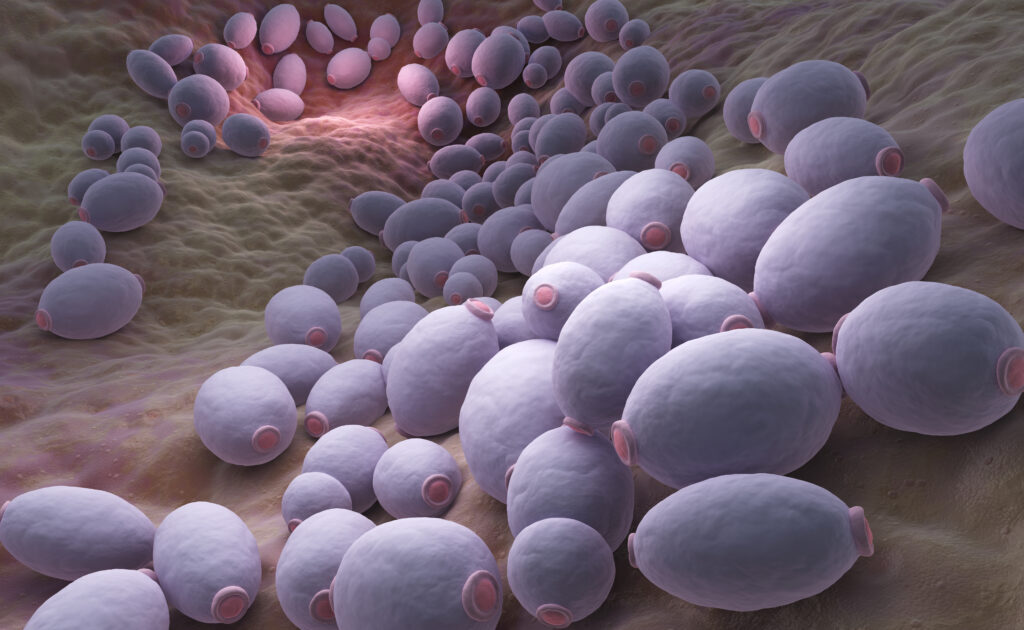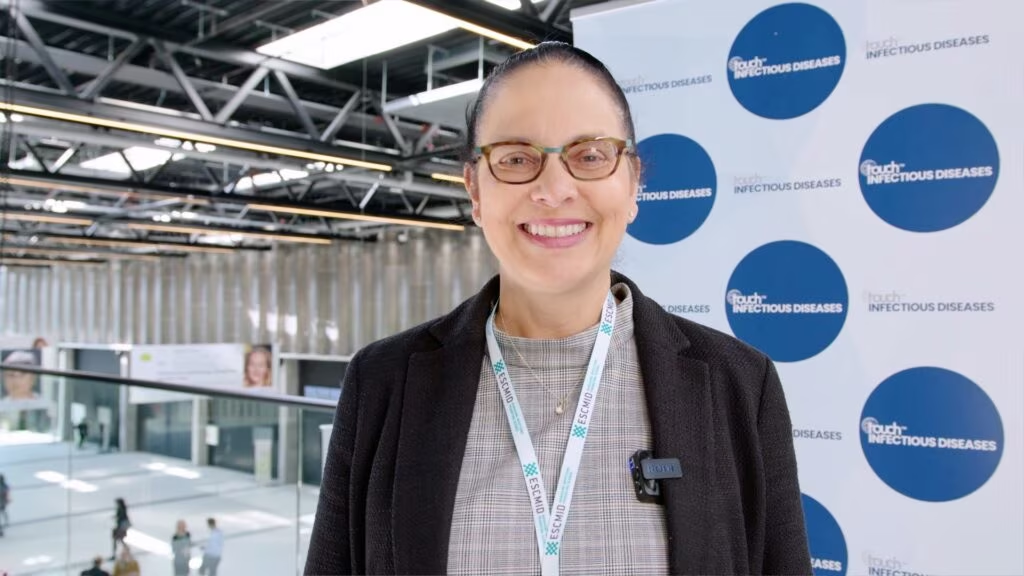Search Results
Showing Results for antimicrobial

Physician burnout is at a critical point. In this episode, Nicky speaks with Dr Alfred Atanda about why so many physicians are burning out and what can be done to change the trend. From personal experience to system-wide solutions, Dr Atanda shares valuable insights on improving physician well-being and building a more effective healthcare culture.

We are delighted to welcome Dr Dariusz Hareza to the touchINFECTIOUS DISEASES Editorial Board. Dr Hareza is an Assistant Professor of Medicine (Infectious Diseases) at Northwestern University Feinberg School of Medicine, Chicago, IL, USA. He brings to the board a ...

The World Vaccine Congress Washington 2025, 21-24 April 2025, delivered another landmark year, bringing together more than 4,000 global stakeholders from biotechnology, pharmaceuticals, government, academia and the broader global health ecosystem. The event reinforced its standing as an influential and collaborative forum in ...

We are delighted to announce that Dr. Ikechukwu Benjamin Moses has joined the touchINFECTIOUS DISEASES Editorial Board! “I strongly believe that this platform will greatly contribute in promoting science to a broader audience with strong societal impact.” Dr Moses brings ...

The ESCMID Global Congress 2025 brought together world-leading researchers and clinicians to present practice-changing updates in infectious disease management. This article distils five critical insights from interviews and landmark trial results, covering innovations in antimicrobial therapy, fungal infections, resistance surveillance and ...

In this episode, we explore the future of continuing medical education (CME) with the team behind touchIME. Hannah Fisher and Matthew Goodwin share insights into global and US trends, the importance of patient inclusivity and how educational outcomes are evolving to better measure the direct impact of learning on clinical practice and patient care.

Dr. Ikechukwu B. Moses, winner of the ESCMID Global 2025 Emerging Young Investigator Award, explores antimicrobial resistance through a One Health lens. His work spans zoonotic pathogen transmission, bacteriophage therapy, and AI-driven genomic research, aiming to reduce antibiotic reliance and translate lab-based innovations into scalable, real-world clinical and veterinary solutions.

Dr Dariusz Hareza reflects on ESCMID Global 2025, highlighting its international scope, informal collaboration, and key themes in antimicrobial resistance. He discusses impactful sessions on global surveillance, Kazakhstan’s primary care initiatives, and novel approaches like CRISPR and AI, all pointing toward an innovative and integrated future in infectious diseases.

Welcome to the latest edition of touchREVIEWS in Infectious Diseases, where we continue our mission to deliver insightful, cutting-edge perspectives in infectious disease diagnosis and management. This issue offers an array of topics spanning diagnostics, service delivery innovations and preventive ...

touchINFECTIOUS DISEASES were thrilled to speak with Professor Barbara Van Der Pol (Professor of Medicine and Public Health, University of Alabama at Birmingham, AL) about her perspectives on recent advances in sexually transmitted infection (STI) diagnostic tools, management and breaking ...

In this episode, we explore how point-of-care testing is transforming the management of sexually transmitted infections (STIs). Joined by Dr Libby van Gerwen, we discuss the rising global STI rates and the role these innovative tests play in addressing the issue. We also explore the challenges current point-of-care tests face and how next-generation advancements could further transform the future of STI diagnosis and treatment.

The start-to-finish of vaccines: Innovation and challenges at the World Vaccine Congress Europe 2024
The European Region is a global vaccine leader, boasting a “strong research ecosystem” and a competitive market, expected to achieve a volume of €16.32 billion by 2029. Through efforts to keep pace with the “unprecedented acceleration” of life science innovation, the landscape attracts investment and political support as leaders recognise the value of vaccination as a cost-effective intervention and a means of demonstrating health leadership.

Highlights Determining infection and multidrug resistance (MDR) rates continuously helps to detect the problem to be solved, including outbreaks. Cleaning and disinfection play an important role in preventing MDR and evaluating and correcting the process for better results. MDR control ...

Article highlights Erythrasma is a common chronic superficial cutaneous bacterial infection caused by Corynebacterium minutissimum when conditions are conducive. Corynebacterium minutissimum produces coproporphyrin III (a phosphor) that emits a coral pink fluorescence under Wood’s lamp and helps confirm the ...

The Russian invasion of Ukraine represents the largest humanitarian crisis that Europe has faced in decades. In the first 4 months of the war, over 9.9 million refugees crossed the Ukrainian border, and over 6.1 million Ukrainian refugees were registered across Europe.1 Before ...

Prosthetic joint infections (PJI) are difficult to treat and require a multidisciplinary approach including surgical and therapeutic approaches to overcome infection. We were delighted to speak with Dr. Robin Patel (Mayo Clinic, Rochester, MN, USA) to learn more around the ...

Nosocomial infections are infections that develop when receiving healthcare, usually via invasive procedures, improper infection control or overuse of antibiotics. They pose an increased threat with the rise of antimicrobial resistance in the healthcare setting. It was a pleasure to ...
Latest articles videos and clinical updates - straight to your inbox
Log into your Touch Account
Earn and track your CME credits on the go, save articles for later, and follow the latest congress coverage.
Register now for FREE Access
Register for free to hear about the latest expert-led education, peer-reviewed articles, conference highlights, and innovative CME activities.
Sign up with an Email
Or use a Social Account.
This Functionality is for
Members Only
Explore the latest in medical education and stay current in your field. Create a free account to track your learning.


